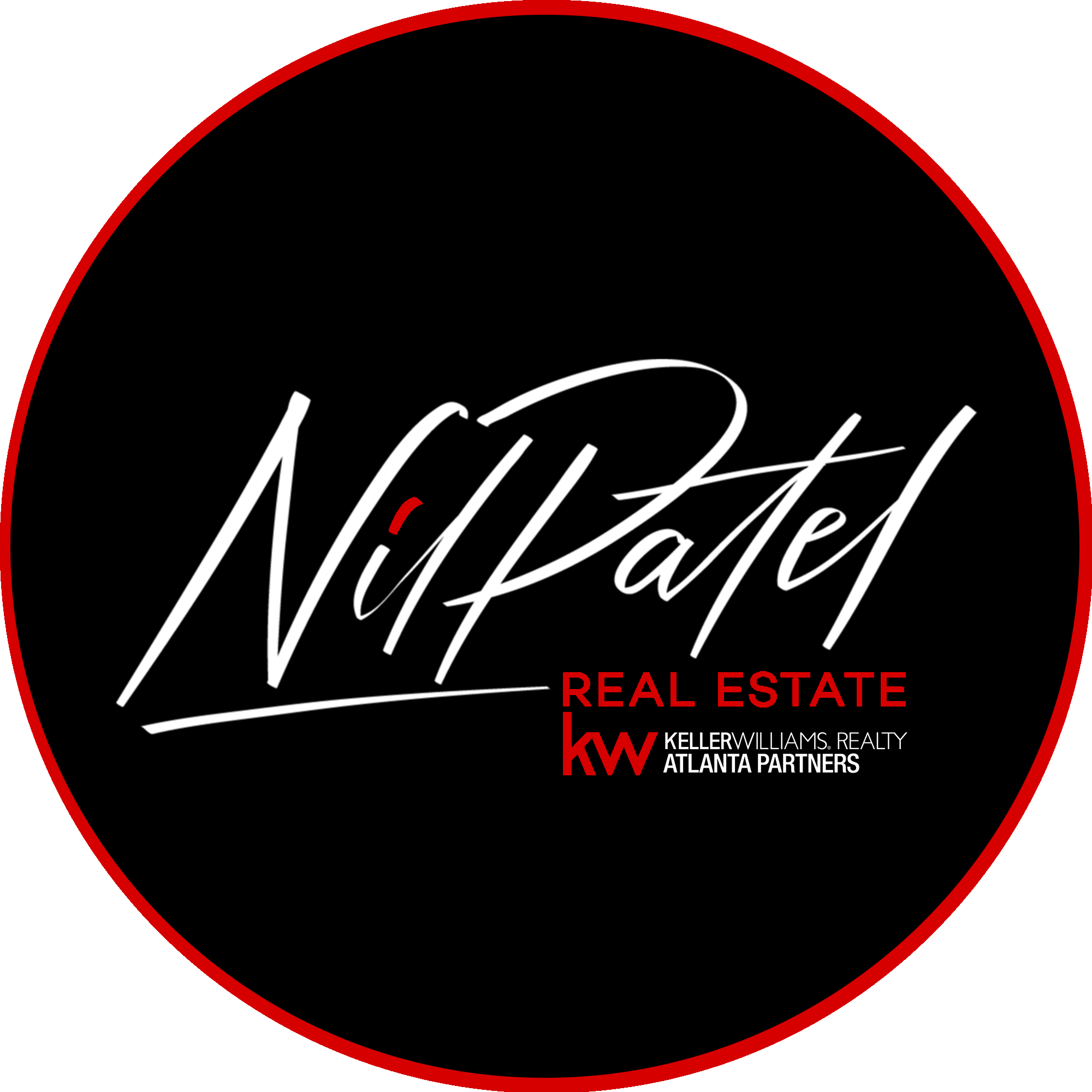Buying or selling property isn’t just about location, location, location—it’s also about the risks that come with it. Often flying under the radar are natural hazard zones, which can seriously sway property values, insurance premiums, and even the very possibility of getting your property insured. Today, we’re diving deep into the world of natural hazard zones, with a spotlight on flood zones and fire risks, to unpack their influence on the real estate market in Georgia.
Flood Zones
Flood zones are areas that are at risk of flooding due to natural disasters, such as hurricanes, heavy rainfall, or overflowing rivers. In Georgia, there are several flood zones that buyers and sellers need to be aware of. The Federal Emergency Management Agency (FEMA) has created a flood map that outlines areas in Georgia that are at risk of flooding. These maps are used by lenders and insurance companies to determine flood insurance rates and requirements.
If a property is located in a flood zone, it is important to factor in the cost of flood insurance into the overall cost of ownership. Flood insurance can be expensive, and in some cases, it may be required by the lender. Additionally, properties in flood zones may be more difficult to sell, as buyers will need to factor in the cost of flood insurance into their budget.
Fire Dangers
Regions within Georgia that are close to forests or densely vegetated areas face the threat of wildfires. These fires can wreak havoc, obliterating homes and infrastructure in their wake. Consequently, real estate in these wildfire-susceptible zones often presents a challenge in terms of sales, and homeowners may encounter elevated insurance premiums due to the increased risk.
Purchasing property in areas susceptible to wildfires requires careful consideration of several factors. Insurance costs can be significantly higher in these regions due to the increased risk of damage. It’s not uncommon for premiums to rise if your home is situated in a wildfire-prone zone, especially if the area has a poor fire protection class. The average annual cost for coverage can vary widely, ranging from a few hundred dollars to over $10,000. In addition to insurance, proactive measures to safeguard your property are crucial. Creating a defensible space by clearing brush and vegetation can greatly reduce the risk of fire damage. Videos and guides suggest trimming trees, maintaining roofs and gutters, and installing fire-resistant materials as effective strategies. FEMA recommends constructing roofs with fire-resistant materials, covering exterior vents with metal mesh, and creating a 30-foot defensible space around your home. The US Forest Service also emphasizes the importance of removing flammable materials and creating firewise yards to slow or stop the spread of wildfires. By considering these aspects, you can make an informed decision when buying property in wildfire-prone areas and take necessary actions to protect your investment.
Other Natural Hazards
In addition to the well-known risks of flood zones and fire dangers, Georgia is also susceptible to a variety of other natural hazards. Prospective buyers and sellers should be mindful of these when considering real estate transactions. The potential natural disasters range from common occurrences to less frequent but equally impactful events. For instance, areas with prevalent volcanic activity may face unique challenges, as highlighted in the World Factbook[^1]. The National Risk Index provided by FEMA is an invaluable resource that illustrates U.S. communities most at risk for 18 different natural hazards[^2]. The U.S. Geological Survey also conducts extensive research and monitoring to assess the threat of natural hazards, which can threaten lives, property, and livelihoods annually[^3]. According to FEMA’s National Risk Index, the natural hazards include, but are not limited to, avalanches, coastal flooding, and cold waves[^4]. Awareness and preparedness are key in mitigating the risks associated with these natural events.
– Earthquakes: No matter where you’re located, there is a risk of seismic activity in some areas. Buyers and sellers should be aware of the potential risks and take steps to protect their property.
– Landslides: Properties located on hillsides or other sloped areas may be at risk of landslides. It is important to have the property inspected for potential risks before purchasing.
– Sinkholes: Sinkholes can occur in areas with limestone bedrock, and they can be a serious hazard. Buyers and sellers should be aware of the potential risks and take steps to protect their property.
When delving into the real estate market of Georgia, the influence of natural hazard zones cannot be overstated. Both buyers and sellers must navigate these risks with care to safeguard their investments and financial well-being. For those eyeing a purchase within such zones, thorough research is indispensable. Collaborating with a seasoned real estate agent becomes crucial, as they can offer invaluable insights and steer you through the intricacies of the transaction. Embracing caution and due diligence ensures not only the security of your investment but also the soundness of your real estate decisions in Georgia. For a deeper understanding of how natural hazard zones might affect your property during the buying or selling process, our expert team is just a call away at (678) 954-8484 !

